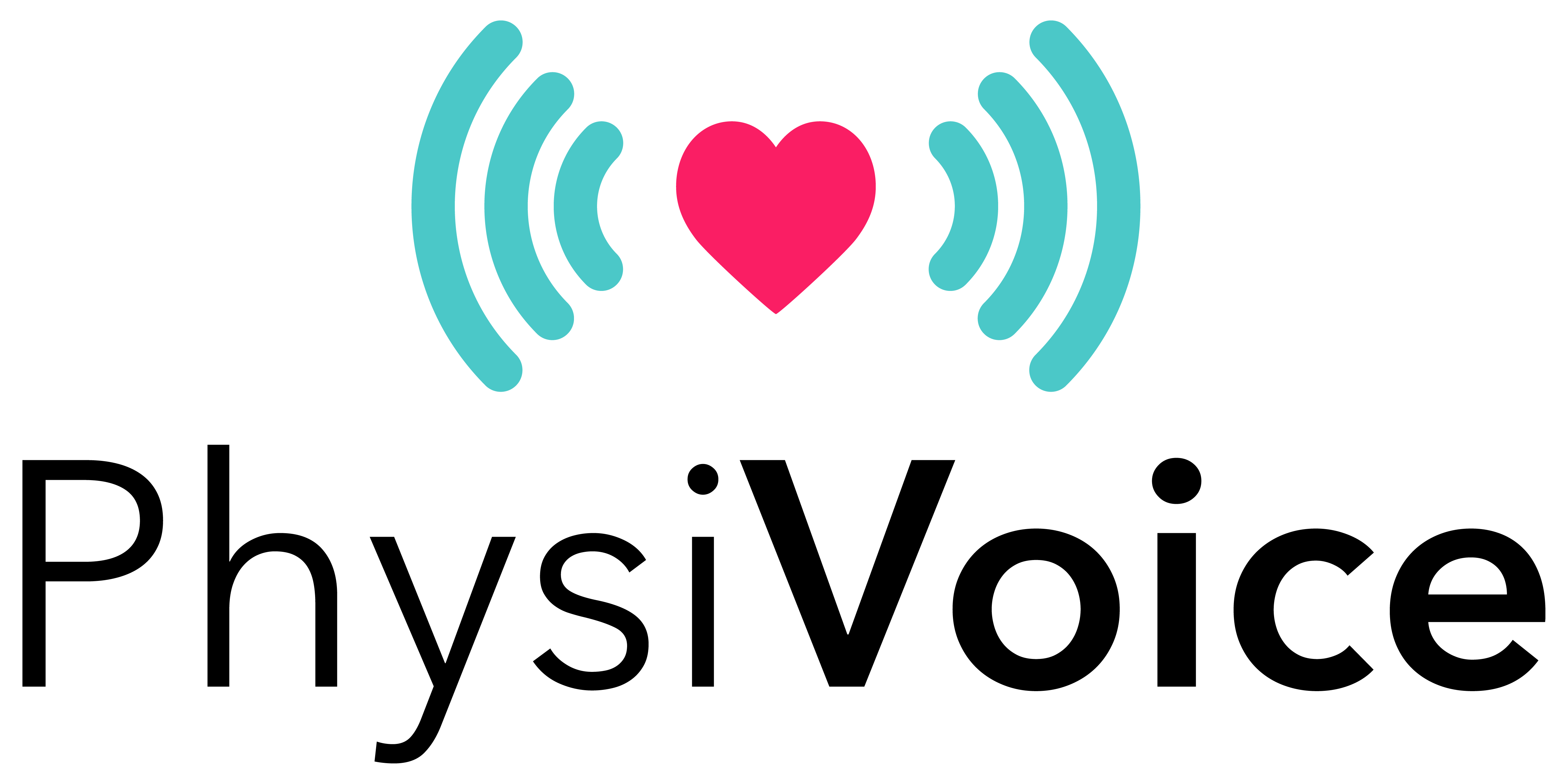
Researchers turned entrepreneurs help allied healthcare workers with PhysiVoice
PhysiVoice is an online diagnostic support tool that helps clinicians to diagnose patients better and faster.
Experiencing pain can sometimes be the source of innovation. This was case with researchers Ravini Fernando and Sachith Seneviratne who combined their experience in data analytics, machine learning and psychology and sought to move beyond their own challenges and help patients with similar problems.
This was the start of the business partnership behind PhysiVoice – an online diagnostic support tool that helps clinicians to diagnose patients better and faster.
This medtech startup closes the gap between patients and practitioners in the online health space by providing real-time patient information to the latter.
Both founders come from a strong research background. Ravini is an analyst at Accenture who holds a PhD in Psychology from University of Melbourne while Sachith holds a PhD in Machine Learning from Monash University and even worked with NASA on a prediction project.
We caught up with them to learn how they’ve built PhysiVoice from the ground up during their last year of PhD.
Tell us about how PhysiVoice works.
Ravini: When booking an appointment, the new patient will receive a text or an email with a link to a form. The patient answers a couple of questions to provide their information. The system will then digest and analyse the information and send a very simple screenshot to the clinician with the results, who can then look at the results before the patient arrives and understand which factors might impact that particular patient the most.
What inspired you to create PhysiVoice?
Sachith: Two years ago, when Ravini was living with her sister and my wife, she started to have back problems. She used to exercise in front of the television to try and reduce her back pain.
Ravini: Sachith and the others used to see how hard I was trying to fix the problem. I did physio for a very long time and did a lot of pilates and took pain killers when I needed it but not so much anymore. It’s a long process, especially for people who have chronic conditions because you try all sorts of different things. I had a surgery for my back too, which was very painful.
That was the initial inspiration for PhysiVoice. We wanted to help other patients with similar problems, by helping clinicians to understand patients better. We started to think about how we can combine our strengths in data and analytics, machine learning and psychology to come up with something that is going to help the patients and practitioners. That’s how we started the business partnership.
Sachith: From my point of view, I’ve always been passionate about working with data - medical data in particular - because there are so many interesting things you can get out of it.
We can easily improve the pain journey of patients who are having a hard time. With our system, we can recommend certain actions to practitioners by giving them a more holistic approach to deal with their patients. There’s a massive psychological aspect to it when you are in pain and that can affect how fast you can recover.
How is it like to transition from academic/research work to entrepreneurship?
Ravini: It’s been interesting - I’ve had to unlearn behaviours and other things. In research, you need to be a perfectionist and always look for answers, focus heavily on data and be empirically driven.
A big learning curve was making quicker decisions and being okay with uncertainty. Activator has helped to reinforce that value. You might not always have the perfect solution, but you need to take action.
Sachith: The biggest change for me was shifting from being a tech person to a managing role. In particular, having to lead a team of software engineers rather than doing all the work myself. It’s a completely different skill set.
What keeps you resilient in the face of challenges?
Sachith: Definitely each other. Our relationship has two different levels - we’re friends and business partners. It’s been interesting, swapping back and forth when we have discussions. We can be talking about business but revert to friend mode when my wife enters to room.
Ravini: That is spot-on. Sachith’s wife is one of my best friends since childhood. We used to live in Sri Lanka together and later moved to Australia. We have known each other for 21 years and his wife was even a witness of my marriage while I was a witness for their citizenship application. That’s how close we are!
When things are tough, I remember what we have. It’s interesting to see how these two relationships have blossomed together.
What’s your experience with Activator?
Ravini: Through the LaunchHUB program at Activator, we’ve became strong as founders which then reflected in our business. I can’t believe how much we did throughout the three months. The culture at Activator was very supportive and encouraging. Our coach, James Lolicato, would say to us “Look, you can be overwhelmed but that’s fine. Just take a step back” That’s something I have gotten better at doing.
Sachith: Activator always made sure that your mental health is keeping up with your pace. That’s something that often goes unsaid, as the focus is often on results, results, results. At the end of the day, if you’re not in the right headspace to enjoy the results, then what’s the point?
Everyone in the program is so helpful I don’t think we would've been able to achieve half of we have done through the program if it wasn’t for the Activator team and mentors, so we are very grateful!

Related News
Acknowledgement of Country
RMIT University acknowledges the people of the Woi wurrung and Boon wurrung language groups of the eastern Kulin Nation on whose unceded lands we conduct the business of the University. RMIT University respectfully acknowledges their Ancestors and Elders, past and present. RMIT also acknowledges the Traditional Custodians and their Ancestors of the lands and waters across Australia where we conduct our business.